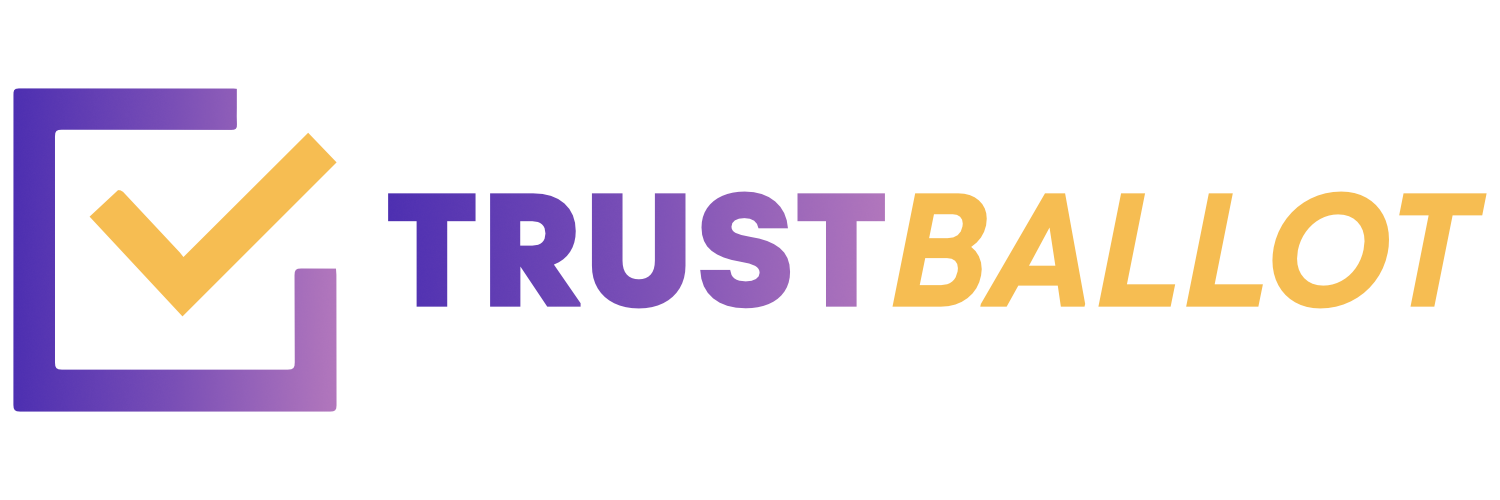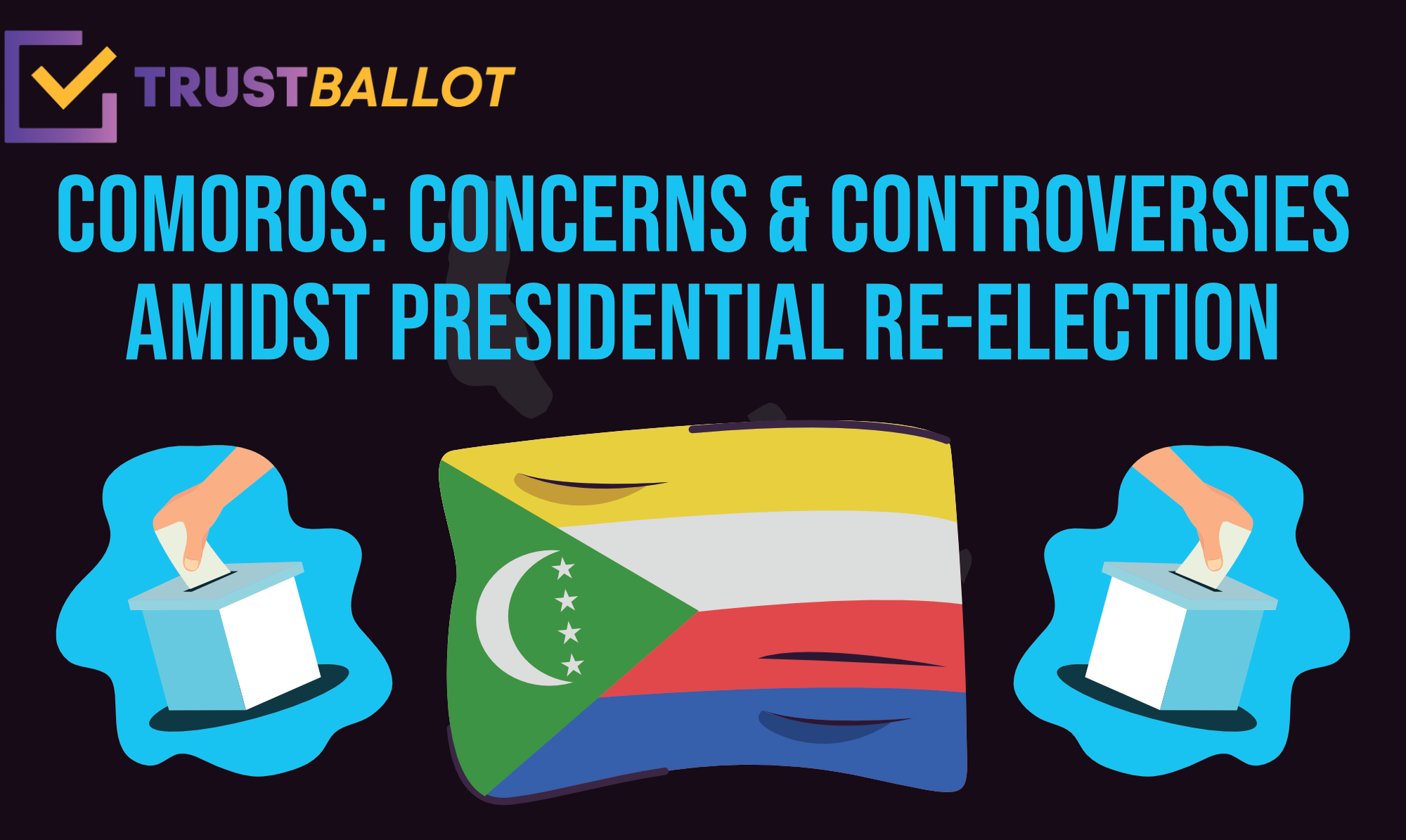Comoros: Concerns and Controversies Amidst Presidential Re-election
In our current dialogue, we focus on a vital and urgent subject: the condition of electoral integrity, particularly in light of recent developments in the Comoros, Africa. The reelection of President Azali Assoumani to a fifth term has elicited concern, especially considering the strikingly low voter turnout of merely 16.3%. This figure has ignited extensive discussions and doubts regarding the legitimacy of his reelection.
Moroni, the capital, has become a center of turmoil, with the outbreak of multiple protests. In response, the government has imposed a night-time curfew and deployed military personnel to enforce order. Amidst this unrest, the United Nations Commissioner for Human Rights has called for calm, emphasizing serious worries about the election process's integrity.
The opposition has actively expressed its discontent, labeling the election fraudulent. The fact that President Assoumani secured 62.97% of the votes, juxtaposed with the sparse turnout, raises questions about the extent of his actual support, particularly when compared to the island governors' elections, which saw a turnout exceeding 50%.
Certain opposition factions had earlier advised against participating in the vote, indicating a profound distrust in the electoral system. While the African Union and the International Organisation of the Francophonie have attested to the elections' peacefulness and validity, these assertions are vehemently contested by the opposition, who accuse these bodies of overlooking glaring problems.
President Assoumani's political journey has been controversial, beginning with a military coup in 1999 and marked by continuous efforts to consolidate power. His recent term has been noted for its crackdown on dissent and media restrictions, raising serious concerns about the democratic health of Comoros.
This situation is not isolated to Comoros but is reflective of a wider trend across Africa, where leaders are increasingly clinging to power through various means. Experts like Liesl Louw-Vaudran of the International Crisis Group have pointed out the necessity for the African Union to intensify its efforts in promoting fair elections and thoroughly examining their conduct.
At TrustBallot, our core focus is on advocating for free and fair elections. The developments in Comoros represent a significant concern, underscoring the need for electoral systems that respect every vote, ensure freedom of expression, and facilitate the true representation of the people by their leaders.
To conclude, Comoros faces intricate challenges, and there are no simple solutions. However, the imperative need for a deep commitment to electoral integrity and democratic values stands out as a universal requirement, not just in Comoros but throughout Africa. We look forward to a future where elections are transparent, and leadership genuinely reflects the will of the people.
Keep following us for more insights as we continue to support the importance of every vote in shaping our world.

